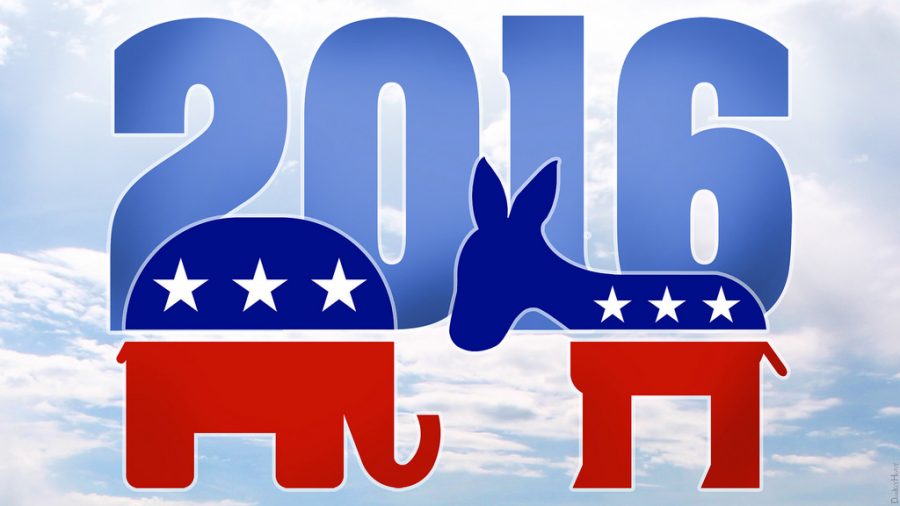Rocking the Vote
Why teens should have a say in the election
Taxation without representation is a policy that Americans were once vehemently opposed to, yet now they are doing it to their own people: 16-17 year old citizens.
16-year-olds can drive, work without limits on hours, live on their own and pay taxes. However, they can’t vote in local or nationwide elections. Some adolescents will be able to vote in November, yet they will not have been able to choose who they will be voting for, since 28 states in America do not allow youths who will be 18 by the election to vote in the primaries. Though these teenagers are still teenagers, they have adult responsibilities that cannot be overlooked when determining their capability to vote.
A teen’s maturity level seems low, but research has proven that a 16-year-old’s maturity level is about the same as a 21-year-old’s, according to the Washington Post. This research proves that teens have the mental capability to make a good judgement about who they would like to fill office, but will they really vote or, like the generation ahead of them, have the lowest turnout of voters? Austrian evidence suggests that giving 16-year-olds the right to vote proves that “extending voting rights to people after they turn 16 promotes higher turnout for first-time voters and over time.” Furthermore, a common concern is that teens will just be content with whichever candidate their parents align with, but in a survey of teen voting patterns before the 2014 Scotland Referendum revealed quite the contrary- more than 40 percent of teens voted in a manner contradicting their parents, according to FairVote.org- so teen voters are able to vote both intelligently and independently.
Teens just have to wait one or two years to already receive the right to vote, but according to the 2010 US census almost three percent of Americans could not vote. Three percent of Americans didn’t get to have a say in how the world they entered in 1-2 years as an adult would be made up, three percent of Americans who were not able to shape the world that they might already be living in independently. Additionally, 18 is a very tumultuous time to receive the time to vote, as many teens are living on their own for the first time at college, so they have little time to be able to register to vote or stand in line at a voting booth. If these adolescents were able to vote at a stationary time in their lives, maybe the 18-29 age range would not have the lowest voter turnout.
Teens have reasons to care about who is president, the mental capability to vote will result in an increased voter turnout, and will form individual opinions- so why can’t they decide who will be making the decisions that will determine their futures?
Your donation will support the student journalists of Cypress Woods High School. Your contribution will allow us to purchase equipment and cover our annual website hosting costs.

